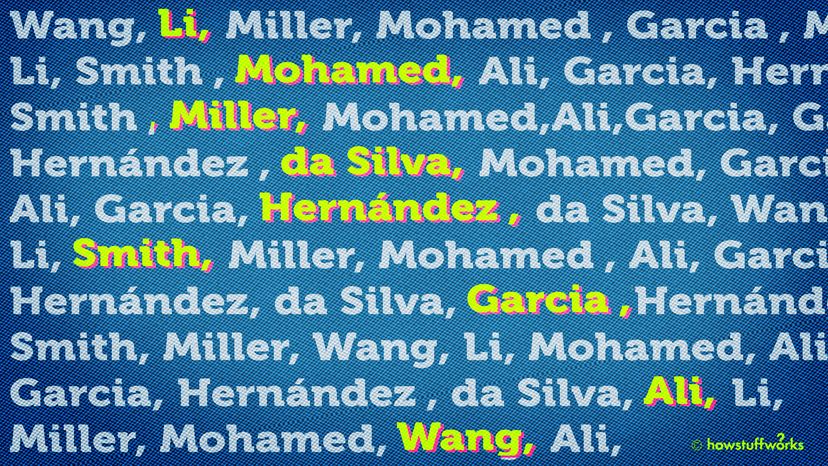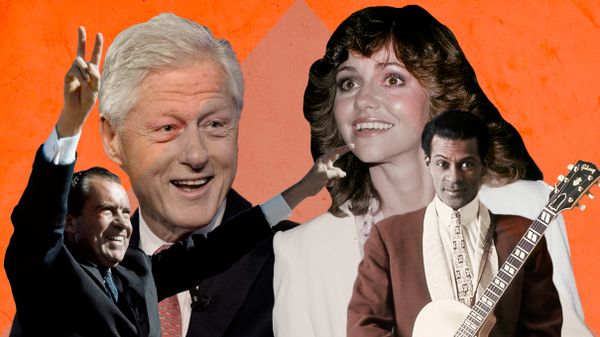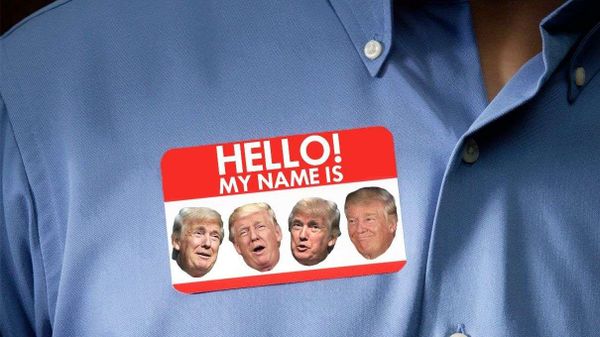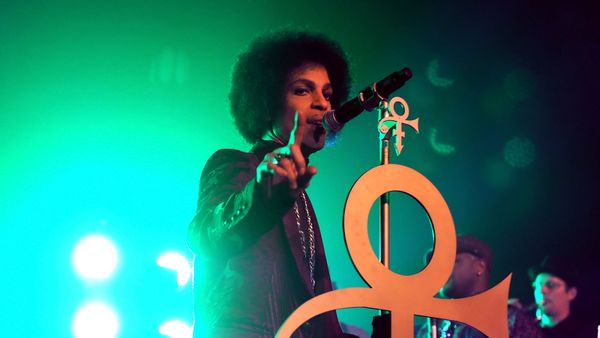Scholars say cultures that use surnames generally employed them to describe one of five characteristics.
- Patronymics: These are names that tell who your father or ancestors are; Johnson literally means "John's son."
- Occupations: The occupational name Miller tells you the person is descended from millers. Similarly, the last name Key could indicate someone's ancestor was a key maker.
- Toponymics: A "place surname" is based on someone's home region — e.g., Monte is Portuguese for mountain.
- Personal characteristics: For instance, a person with dark complexion may have the last name Brown or Black, whereas a person with a light complexion might have the surname White. A family known for their gray hair may have the last name Gray.
- Clans or tribes: A surname may derive from an entire community.
Colonization as an Exception
Yet not every last name fits into one of these categories.
Enslaved people were often forced to take the surnames of their subjugators, which is why many Black people in the U.S. have European surnames such as Williams, Davis or Jackson. In fact, when you look at the most common surnames around the globe, you'll see they reflect the world's most dominant colonizers: the English, Spanish, Chinese and Muslims.
Marriage
In English-speaking cultures, it's long been the custom for women to change their maiden name to their husband's surname upon marriage. That practice has been on the decline since the 19th-century feminist movements, though.
Multiple Surnames for Individual People
And in Mexico, people are given two surnames: the father's surname, followed by the mother's (for example, Catalina González Martínez.) When addressing someone, though, the protocol is to use only the father's surname, so Catalina would be called Catalina González.
Assimilation
Then there's the issue of migration. When people migrate to another country or culture, they may alter their surname to better match that of their new homeland.
Take 20th-century immigrants to the United States: Many Anglicized their surnames to better assimilate into U.S. culture, or simplified them because their surnames were difficult for Americans to spell or pronounce. So a Polish surname such as Ziolkowski, for example, might have been shortened to Zill.
Other times, illiterate immigrants didn't realize a clerk, census worker or other official had misspelled their surname. Thus, a Joseph Heyer may have unwittingly become Joseph Hire.



